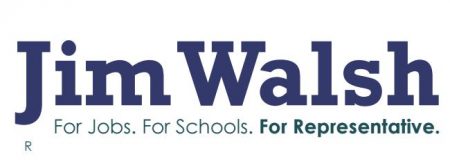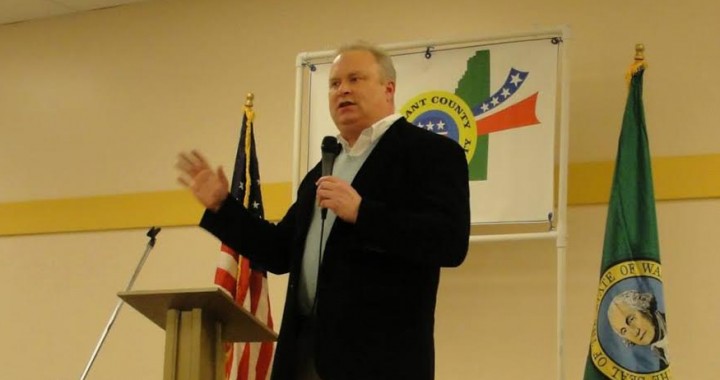A society is measured by how it treats its most vulnerable members. So, how do we help the homeless improve their circumstances?
Not by increasing the amount of taxes that we dedicate to public assistance — but by spending the money we currently budget more effectively. How do we do that?
First, we need to know exactly what we mean when we use the word “homeless.” It’s become an umbrella that covers several different groups of people, including those:
• suffering from acute mental illnesses (schizophrenia, severe forms of autism, etc.) that render them unable to care for themselves;
• struggling with chronic behaviors (alcohol and/or drug abuse, mostly) that impair their judgment and ability to function in society; and
• experiencing temporary financial hardships that leave them without the means to secure a place to live.
These groups have very different needs. Unfortunately, some policymakers believe that a one-size-fits-all government strategy can address all of them. It can’t.
Today, that strategy involves an alphabet soup of government programs — mostly run through Olympia. It’s very institutional, very bureaucratic. Lots of rules about how money’s moved around. But little focus on measurable outcomes.
Second, we need to direct our money more precisely to the groups and individuals that need help. This means shifting control from state bureaucracies to local agencies and non-profits. Local organizations know when a junkie is really trying to get clean, or when a young family needs a place to stay for a few nights and a couple hundred bucks to get their car running.
These local agencies need to have the autonomy to give the family a temporary place to stay and some pocket money. They need to be able to give the addict a place to stay, probably for a longer time, and the psychological support to recover. If they use tax money to do these things, local agencies need to be accountable. But we need to trust their judgment and discretion.
Third, we need to draw clear lines between people with acute mental illness and those with behavioral problems. The current fashion among bureaucrats is to blur those two groups together. State agencies lobby for “mental health services” funding to remedy many ills, not just acute conditions like schizophrenia but also drug addiction, domestic violence and even illiteracy. That mission is too broad. It practically invites inefficiency and abuse.
Mental illness and addiction both need to be addressed, but not in the same way. Not from the same pools of money. And probably not by the same agencies.
Fourth — and most important — the best way to help the vulnerable is to improve the local economy. We need to rebuild the industrial base that we’ve been frittering away for several decades. We can help people living on the margins by offering them the greater opportunities to be self-sufficient. And to affirm their personal dignity.
Rebuilding our industrial base doesn’t mean going back to exactly the same economy we had 50 years ago. It means recognizing today’s opportunities and seizing them. Good news: We have the basic building blocks to do that here, right now.
Begging for budgetary table scraps in Olympia isn’t a solution to homelessness. It only perpetuates the problem. Rebuilding our local economy will do more good for more people than any panhandling. Whether on the streets of Montesano or in the hallways of the State Capitol.
Jim Walsh is a candidate for the state house in the 19th legislative district.

